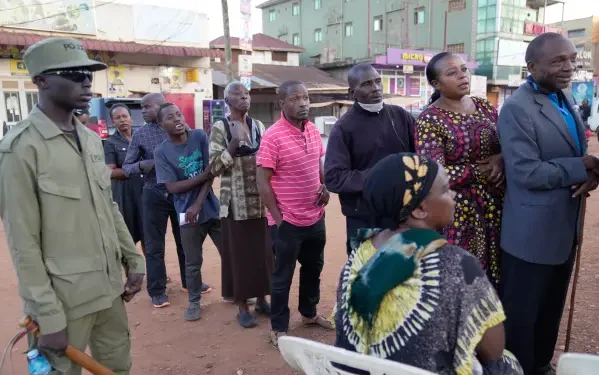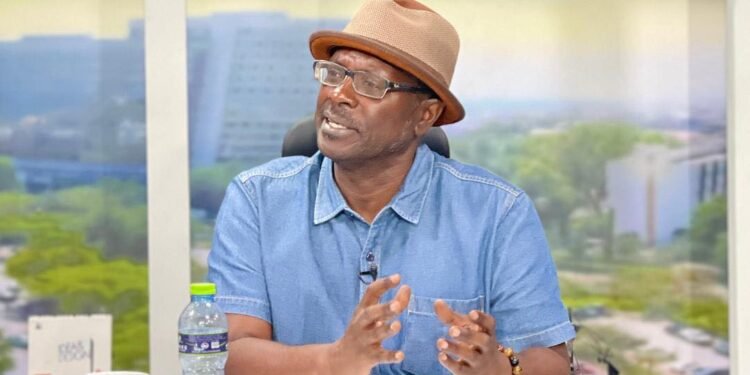Guinea’s junta has suspended three of the country’s most prominent political parties, including that of former president Alpha Conde, just weeks before a controversial constitutional referendum. The order, announced on Saturday, imposes a three-month suspension on the parties and has heightened political tensions in the West African nation.
The suspension targets the Rally of the Guinean People, the Union of Democratic Forces of Guinea, led by former Prime Minister Cellou Dalein Diallo, and the Party of Renewal and Progress. The decision comes as Guinea prepares for demonstrations beginning September 5, organized by opposition parties and civil society groups to denounce what they describe as a power grab by the junta’s leader, General Mamadi Doumbouya.
The opposition has strongly criticized plans for a September 21 referendum to revise the constitution. The vote, organized by Doumbouya, marks another step in his military-run government’s efforts to reshape the country since seizing power in 2021 through a coup that toppled Conde after his decade in office.
Authorities justified the suspension by declaring: “These parties have not fulfilled the obligations required of them.” No further details were given, but the order granted the parties three months to rectify the alleged failures or risk further sanctions.
Junta Declares Three-Month Party Suspension
In a separate decree broadcast on state television late Friday, the junta also announced that the official start of the campaign period for the constitutional referendum had been postponed to August 31.
Since taking power, Doumbouya’s government has repeatedly clamped down on dissent. Demonstrations have been banned nationwide since 2022, with several opposition figures arrested, prosecuted, or forced into exile.
In January, the junta argued that Guinea’s political environment required “sanitisation.” Two months later, it suspended 28 parties and dissolved 27 others for failing to submit bank account details or hold regular congresses. Conde’s party was part of that suspension but was later reinstated.
Rights groups have condemned the junta for silencing political opposition and restricting independent media. Human rights advocates warn that these moves are deepening Guinea’s authoritarian trajectory rather than paving the way toward democracy.
The new draft constitution, presented to Doumbouya in June, is seen as a potential roadmap back to civilian rule. However, it remains unclear whether it will preserve restrictions on the junta’s participation in future elections. A “transition charter” issued shortly after the 2021 coup prohibited military leaders, government officials, and institutional heads from standing in upcoming elections. But the adoption of a new constitution could remove that safeguard.
This uncertainty has sparked widespread concern. Many critics argue that the process is designed to consolidate power rather than ensure a genuine democratic transition. For decades, Guinea has struggled under authoritarian governments, and analysts fear the current developments could repeat that pattern.
The suspension of major parties ahead of the referendum is likely to further inflame political tensions. With opposition voices sidelined, the credibility of the constitutional reform process is now under sharper scrutiny, both domestically and internationally.
READ ALSO: Vice President Reaffirms Government’s Support for Military Training Excellence























